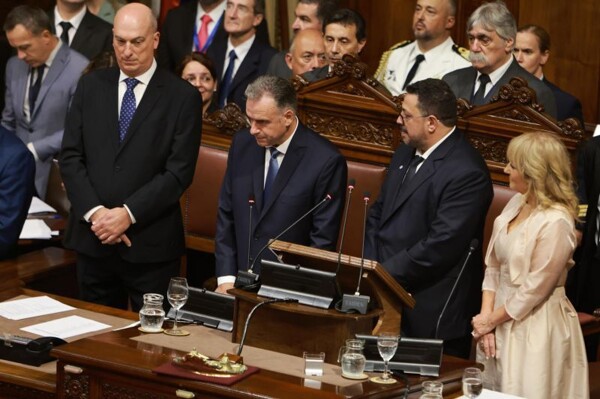
The former vice president of Uruguay, Lucía Topolansky, has sparked an intense debate by claiming that false testimonies were presented in trials that resulted in the conviction of military personnel for crimes committed during the dictatorship in Uruguay and Argentina. These statements were made during an interview in the book "Los Indomables" by Pablo Cohen, alongside her husband, former president José Mujica.
Topolansky also mentioned that they know the names of those who may have participated in these practices but refused to reveal them, declaring that they are neither "traitors nor snitches." Following the controversy, the organization Madres y Familiares de Uruguayos Detenidos Desaparecidos demanded that Topolansky retract or remain silent, although both reaffirmed their comments later.
Topolansky's statements sparked a strong debate in Uruguay and prompted the Prosecutor's Office to take action. The prosecutor for Crimes Against Humanity, Ricardo Perciballe, requested authorization to interrogate Topolansky in search of relevant information. Although a judge initially dismissed the request, an Appeals Court overturned the decision, highlighting that the ex-vice president's testimony could provide clarity on possible collusions that could affect the credibility of those who have testified in this context.
In her statements, Topolansky mentioned pressures and false testimonies in trials in Buenos Aires, which has broadened the scope of the controversy and generated a debate about the credibility of testimonies in these judicial processes. José Mujica, for his part, criticized the lack of context in the media coverage and offered to provide more details to the organization, admitting that although not widespread, he has witnessed cases where actions were driven by resentment.
The situation continues to generate reactions in Uruguayan society, highlighting the persistent tensions surrounding the legacy of the dictatorship and the pursuit of justice. Both former political officials have lamented the "novel" that has arisen around these statements, emphasizing the importance of clarifying the truth without damaging the credibility of the judicial system.













